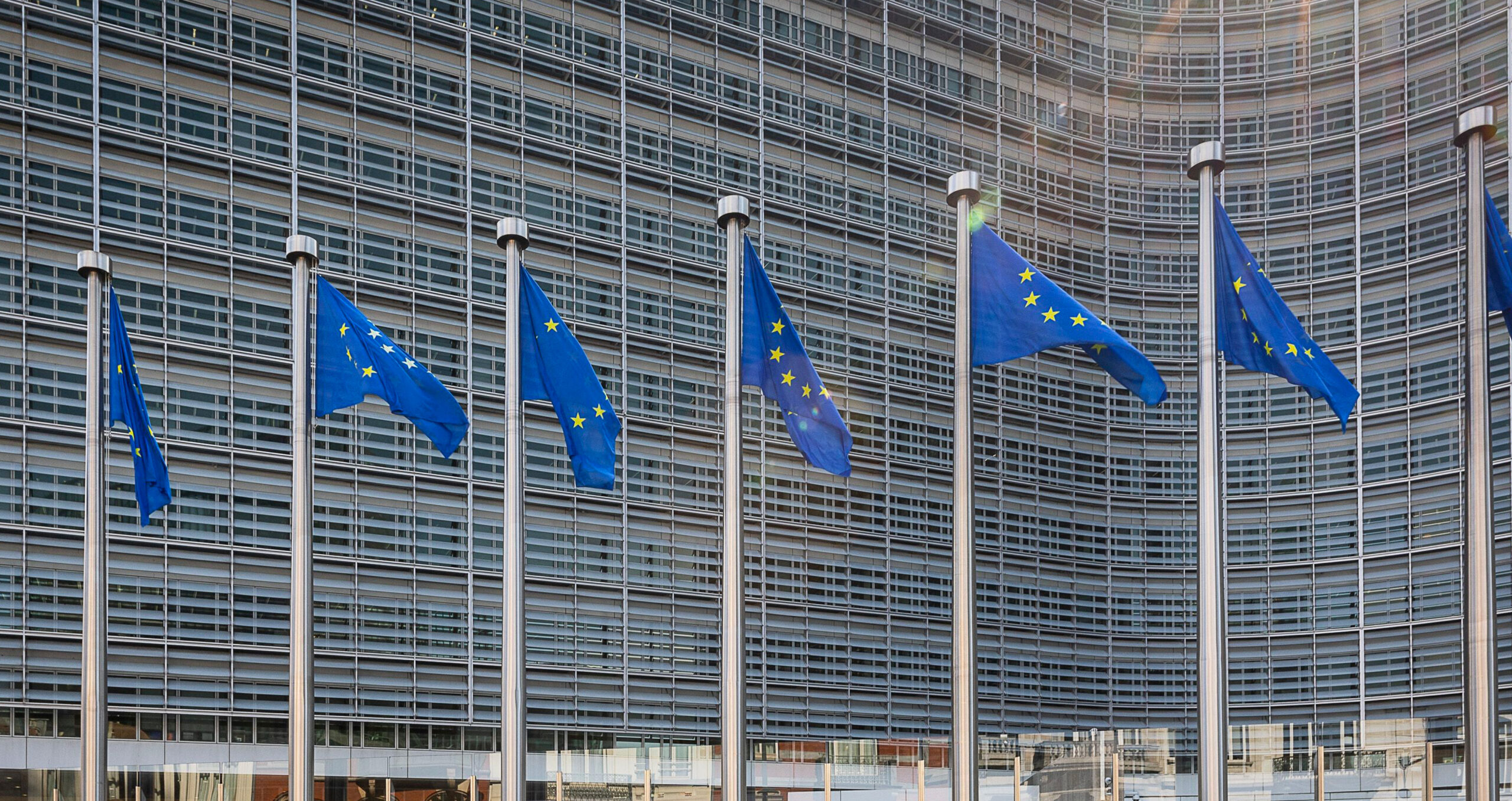
EU agrees big companies must align their climate plans with Paris Agreement

EU legal affairs committee outlines climate transition plan rules for corporates as part of the Corporate Sustainability Due Diligence Directive, but delayed deadlines and the exemption of some financial institutions draw criticism.
All large companies in Europe will have to produce climate transition plans in line with the Paris Agreement, according to the text on the planned EU Corporate Sustainability Due Diligence Directive that was agreed on Tuesday by the European parliament legal affairs committee, known as Juri.
The agreed text would require companies to create transition plans to align their business models and strategies with the goal of limiting global warming to 1.5C above pre-industrial levels. They must also conduct due diligence on their entire value chain to identify, prioritise and prevent potential or adverse impacts on human rights and the environment; and to monitor and remediate them.
Members of the European parliament also agreed, however, to introduce a mechanism that could delay the application of the law. Companies with more than 1,000 employees would have to meet their due diligence obligations three years after the directive comes into force (most likely in 2024); for those with more than 500 employees it would be four years after entry; and those with more than 250 could take five years.
The Juri vote sets the tone for the position likely to be adopted by the parliament in its plenary vote at the end of May.
Credible climate transition plans would “help close critical data gaps and embed climate risk assessment in financial operations”, said Jurei Yada from climate think-tank E3G. “They will also enhance sectoral competitiveness by identifying bottlenecks for the transition and opportunities for innovation and investment.”
Non-governmental organisations – while acknowledging the vote was a step in the right direction – criticised the decision to delay the date by which companies must ensure their activities do not harm the environment or violate human rights.
“It’s disappointing that MEPs have backed plans that would mean many of the biggest corporations in the EU wouldn’t have to lift a finger until 2030,” said Aurélie Skrobik of NGO Global Witness in a press statement.
Exemptions under fire
NGOs also questioned the extent to which financial institutions would be covered by the directive.
The committee also voted to reduce the scope of the financial institutions covered by the directive compared to proposals from other parliamentary committees – namely to exclude pension funds, private equity funds, market operators and credit rating agencies.
“Exempting financial services from in-depth due diligence is absurd,” said Vincent Vandeloise of campaign group Finance Watch. “Recent scandals in the chemical and construction industries have shown that human rights and environmental crimes are not only the fact of a shadow and illegal economy, but large EU companies and their contractors are also exposed. Legislators should keep in mind that such due diligence is also a matter of protecting companies’ reputation and financial performance.”
Banks, insurers and investors – including institutional investors and asset managers – remain covered. Julia Otten, policy officer at law firm Frank Bold, told Sustainable Views she welcomed the inclusion of these institutions, but cautioned that the “restrictive definition of financial value chains” could limit the impact of the directive. The definition of the value chain covered by the directive encompasses the supply chain, but excludes the use of a product.
Nonetheless, the scope is still broader than the European Commission’s original proposal on financial institutions, which only suggested one-off due diligence obligations at the time of issuing services such as a loan, rather than continuous obligations.
Isabella Ritter of UK campaign group ShareAction said the “light touch due diligence” proposed for the financial sector went against international standards.
Legal certainty
Ahead of the vote, Alex Voss, MEP in the centre-right EPP group and coordinator of the Juri committee, said in a LinkedIn post: “Our main goal was not to turn this legislation into a huge bureaucratic exercise for companies having to work on thousands of contracts with suppliers that do not even have any risks in their operations.
“We wanted companies to clearly focus on those parts of the chain that they have control over and that show clear risks. Companies that take responsibility should not have a competitive disadvantage and have clear legal certainty on what is – and what is not – reasonably expected of them.
“Other actors and political parties tried to legislate things that have nothing to do with value chain legislation, such as directors’ behaviour and corporate governance,” he added.
The Greens in the European Parliament said on Twitter that the vote was “great news” and took the EU “a step closer to creating an EU law to make companies conduct business responsibly”.
Similar Articles

Nature degradation could cause financial losses to the UK economy greater than Covid-19 and 2008 financial crash

Importing low-carbon chemicals and steel can lower costs of transition


